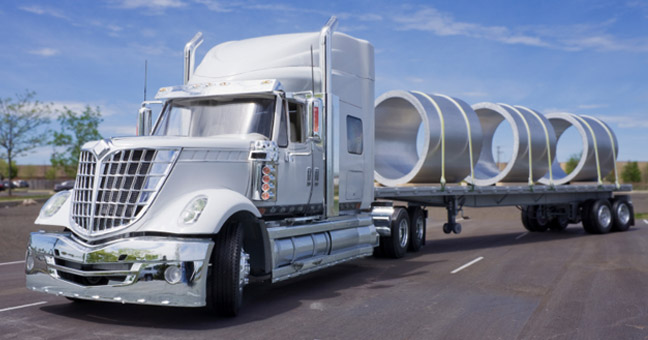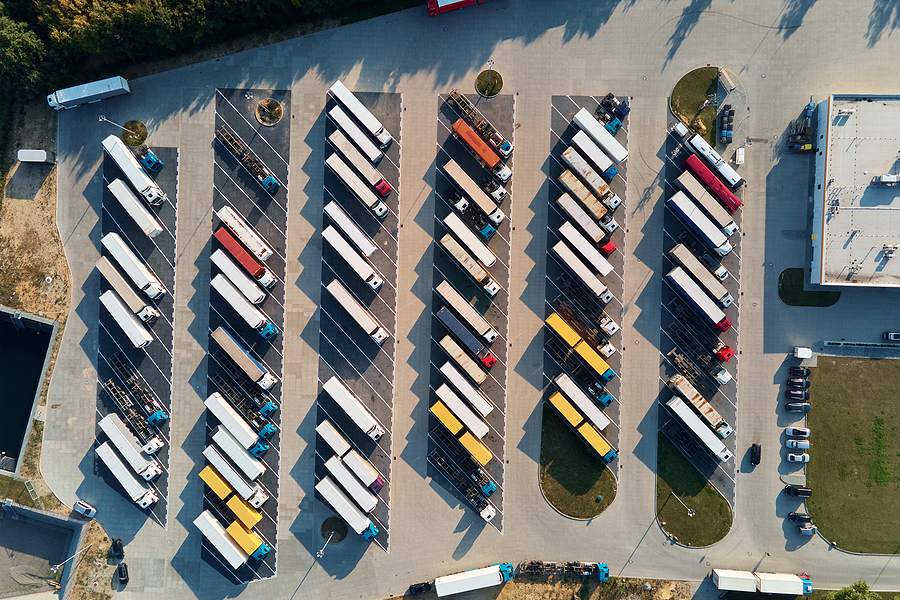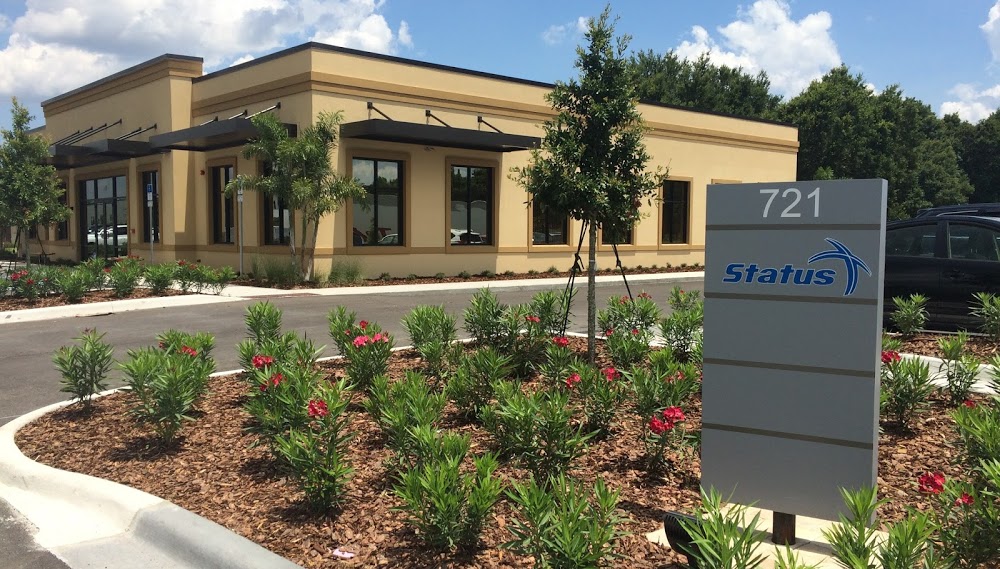
Is Status Trucks a good fit for your business?
January 27, 2016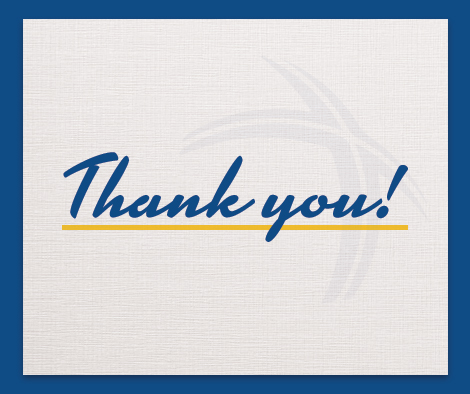
Owner Operator Appreciation Month 2016
January 29, 2016Many people do not distinguish the vast differences that exist in the trucking industry. A flatbed may seem to be just like any other truck, however, flatbed trucks and drivers are a unique class of their own. Flatbed trucking requires a lot of physical strength, but it can also be very rewarding.
The vast majority of flatbed loads have longer hauls than most other types of trucking jobs. On many occasions, trucking companies also pay a fee to tarp a load that must be protected from weather, dirt or exhaust fumes. Another factor to consider is that on average flatbed trucks spend less time being loaded and unloaded when compared to dry vans or reefers.
Flatbed Freight
The obvious difference between flatbed trucking and dry van trucking is the difference in freight. While dry vans haul mostly palatalized loads flatbeds haul a wide range of diverse loads. Pipe, I-beams, machinery, aluminum extrusions, steel coils and cable reels are only a few of the products hauled by flatbed trucking companies.
It is fairly common for a flatbed to haul oversize and/or overweight loads. Generally speaking flatbed drivers with many years of driving experience handle the largest of all oversize loads, many of them being 12 feet wide and greater. Special trailers like Removable Gooseneck Trailers (RGN) are capable of hauling very heavy loads as well as tracked military equipment like Abraham’s Main Battle Tank (MBT) and Infantry Fighting Vehicles (IFV’s).
Platform Freight Load securement
With freight being transported on an open platform it is imperative that the freight is properly secured to prevent movement and the possibility of losing a load. Many types of securement devices exist but the most common types of securement devices are 4-inch nylon straps and steel chain.
Nylon straps are attached to one side of the trailer with a metal hook and the other end is attached to a winch that is then tightened down in order to secure the load. Chains are generally used on loads that are steel products such as pipe and plate.
Status Trucks works with most common types of equipment such as Dry Vans, Reefers and Flatbeds. If you have any questions on any of our available pay programs call us today at (407) 574-7990.
